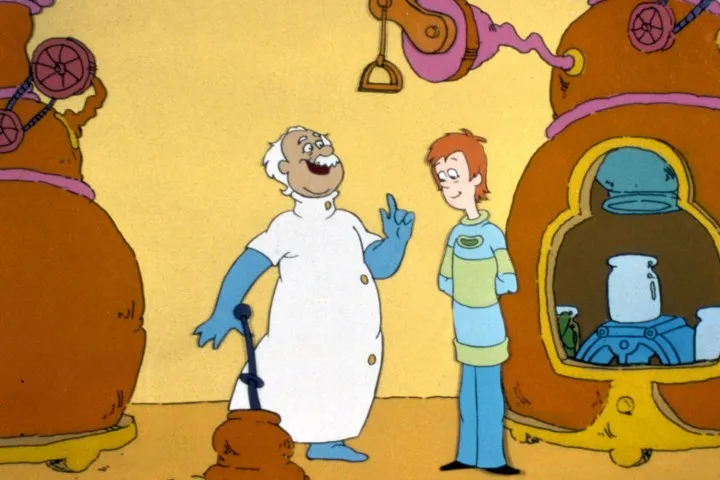This post was co-published at talanhorne.com.
Working to get a book published has been a valuable experience.
And when I say "a valuable experience" I don't mean some intangible value that cannot be measured in dollars and cents. I mean that the experience I have gotten, as well as the inside look at the publishing industry that most laymen cannot appreciate, is a marketable skill.

🎶And the pickles go into the jars.🎶
Under the right circumstances, it could even be monetized. Because there is so much about publishing that is opaque to outsiders. And, unlike other opaque practices, such as job applications, information about the publishing process is not widely taught in schools or other public forums.
Which is a shame, because thousands of people who would like to break into the industry have no idea about where to even start. And while the information they need is freely available on the internet, there is no one authoritative source that can be used as a standard. In other words, there is no easy way to sift the good information from the bad.
And bad information about the publishing process is out there. Most experienced authors know what to look out for, but there isn't much help for the most vulnerable people who are just starting out.
What have We Learned?

I researched the publishing process long before I started submitting my latest project to agents. Overall, it's been a little more than a decade since I took my first look behind the curtain.
In that time, I've learned the kinds of conditions that agents and publishers work under, the way that authors make their real money, how rights can be leveraged, how the cycle of the fiscal year can affect your publication chances, among other things.
And that's just on the publication side. On the writing side, I've learned about Voice, character arcs, pathos, bathos, comedic timing, action, fights, tension, suspension of disbelief, romance, emotional payoffs, foreshadowing, and a million other facets.
It's amazing that they don't teach you any of this in school, because there's enough material here to fill out a major degree. Heck, a published and finalized book is at least as labor intensive as a doctoral thesis---particularly when you have to justify it through your own promotion and marketing efforts. You look at some of these authors who have put out dozens of volumes and understand that, among other things, they have been building a list of credentials in the form of books written.
This is a salable skill. And it is largely self taught. I can't think of any other profession that structures itself that way, and has done so for at least a century (maybe in Dickens' day, it was different, but the current paradigm has been around for a while).
What to do with All This Knowledge?

Well, the obvious answer is the one I'm already doing: use the knowledge to get myself published.
Yet I can't help but consider that other possibilities still await, even after publication. Knowledge like this ought to be shared liberally. And I'm afraid that a lot of the places were I got this knowledge charged me for the privilege.
This is one of the reasons why I document my publication journey on this blog: to make the whole process less mysterious, so that people can see it as an opportunity. Because at the end of the day, it is an entrepreneurial enterprise. And it doesn't have to be esoteric. It's something that people with vision and ambition can do, regardless of their background.
Any News?
Things are always brewing. I've got huge hopes, but nothing is written in stone. If something happens, then I'll have something to report. Until then, it's all just a long list of potentials.
But I am having a good time, and, like I said, the experience is valuable.
I'm not going to ask you to hold your breath. I just hope you'll be a bit patient with me and with the process.
Thank you.